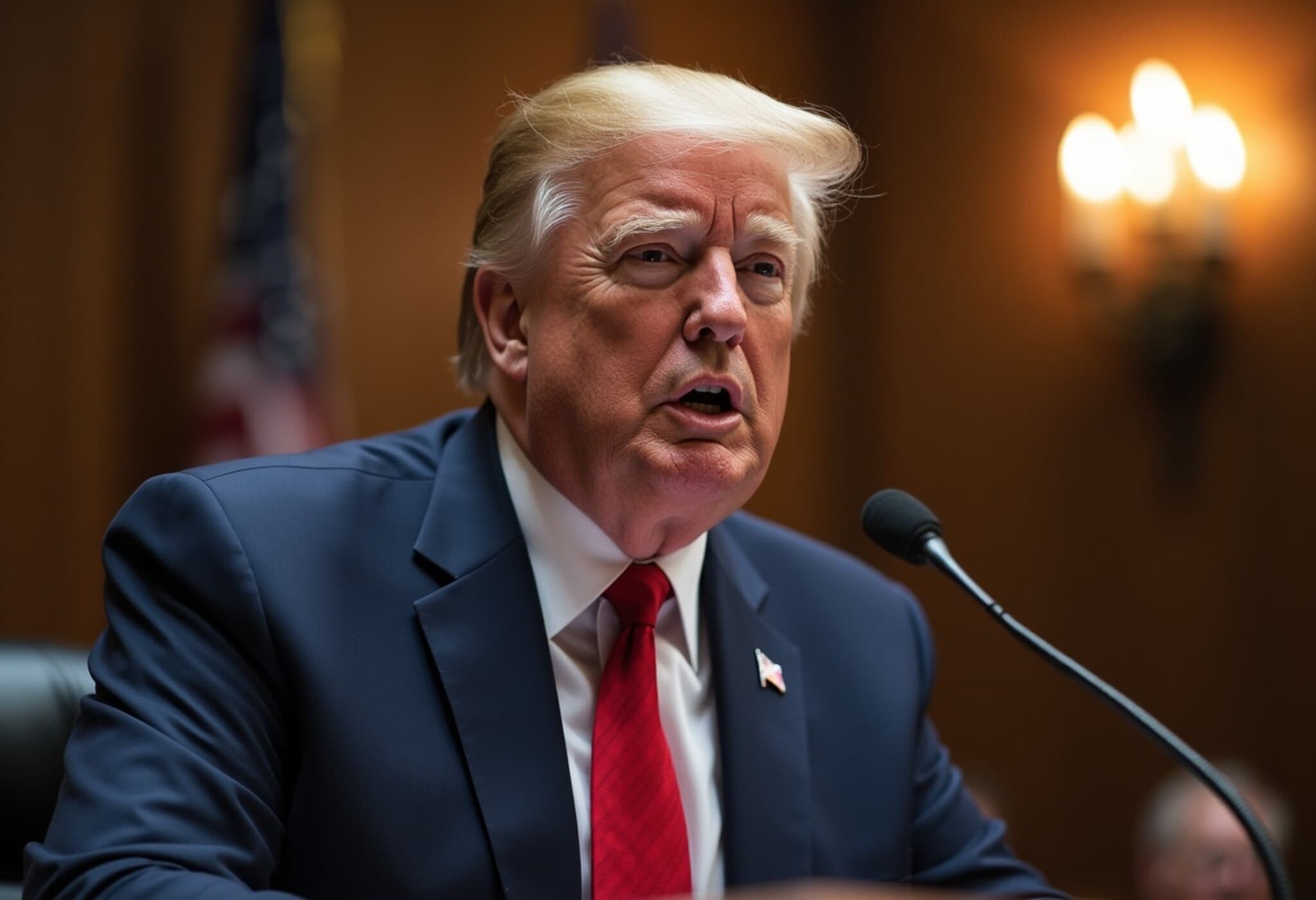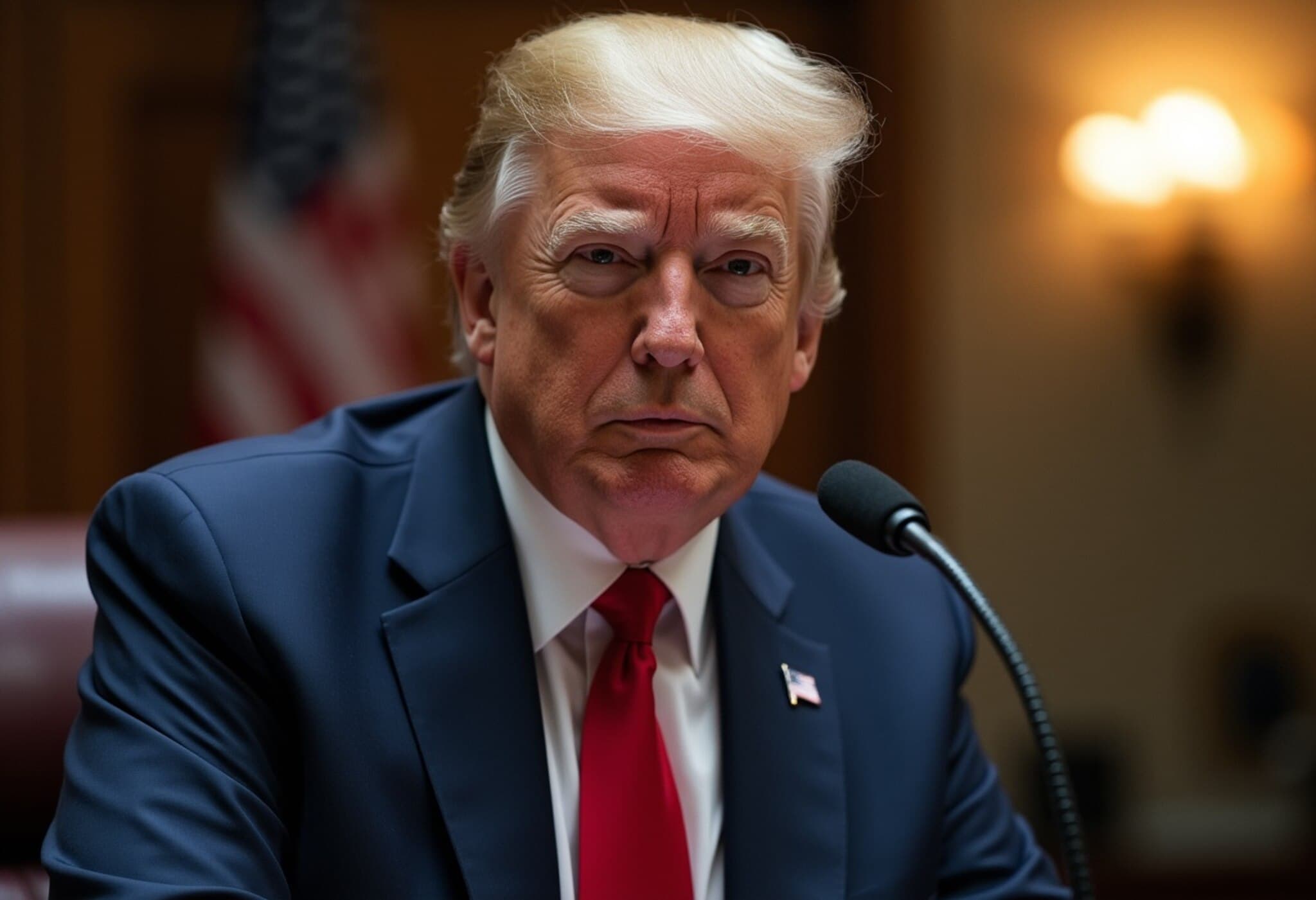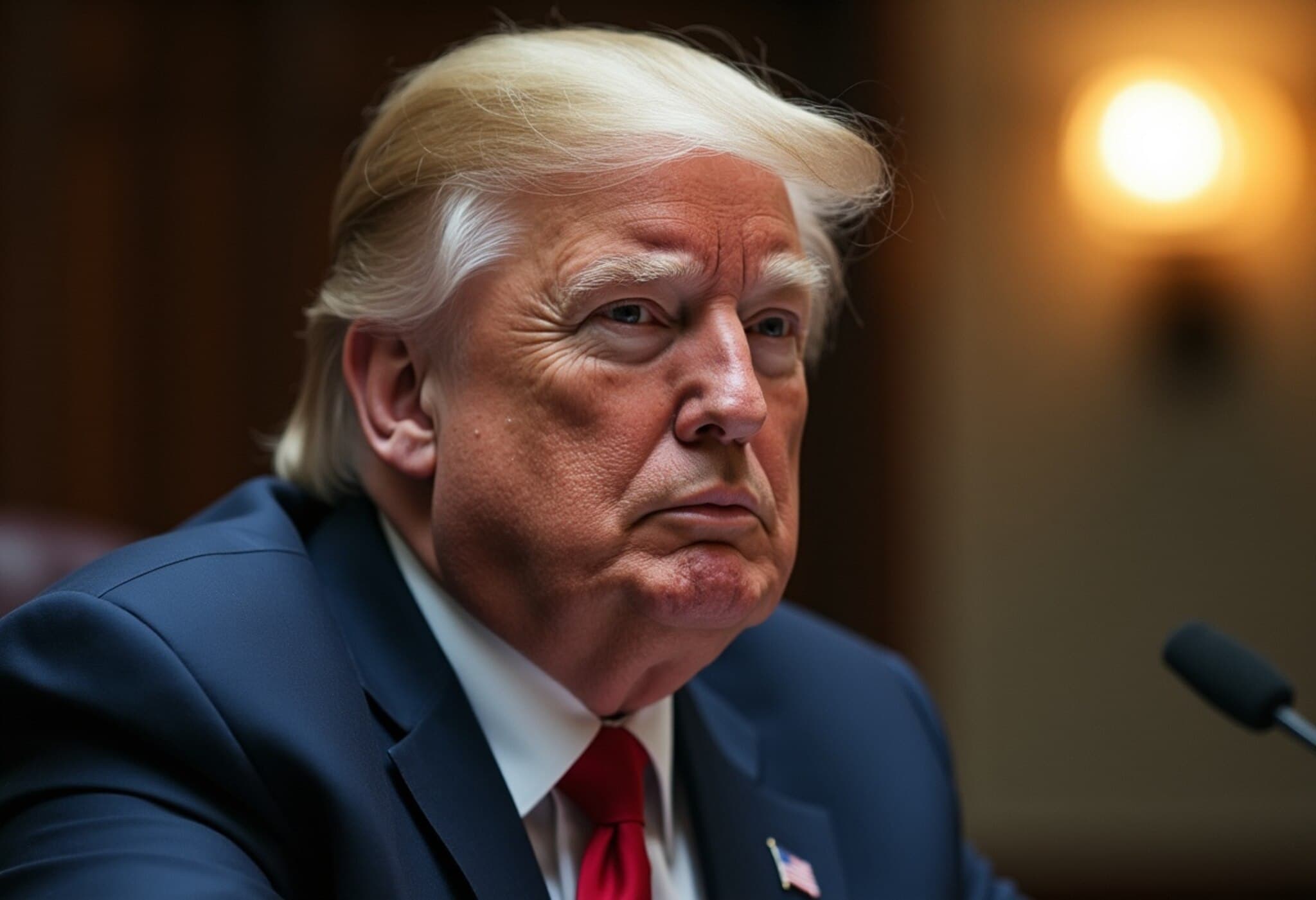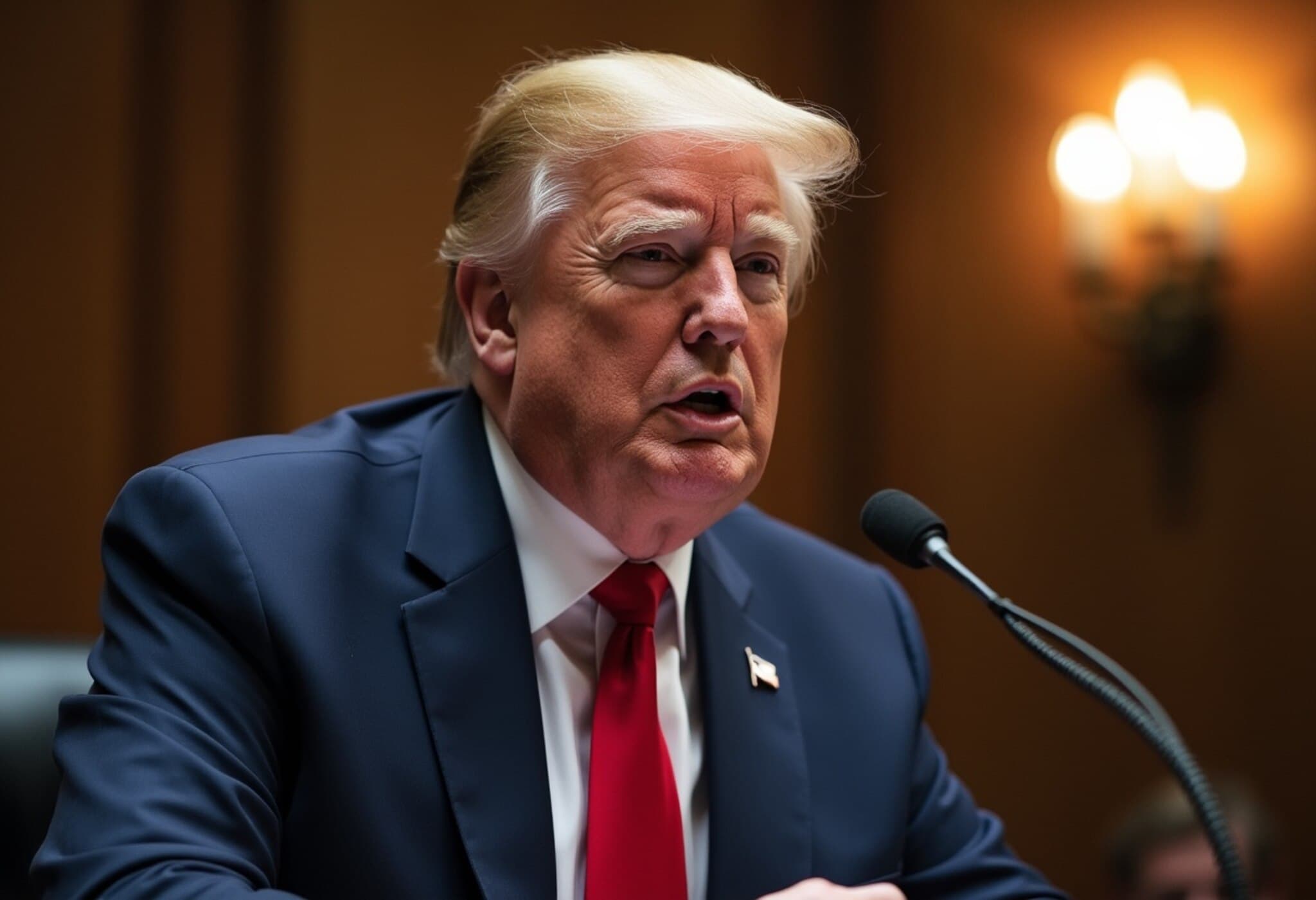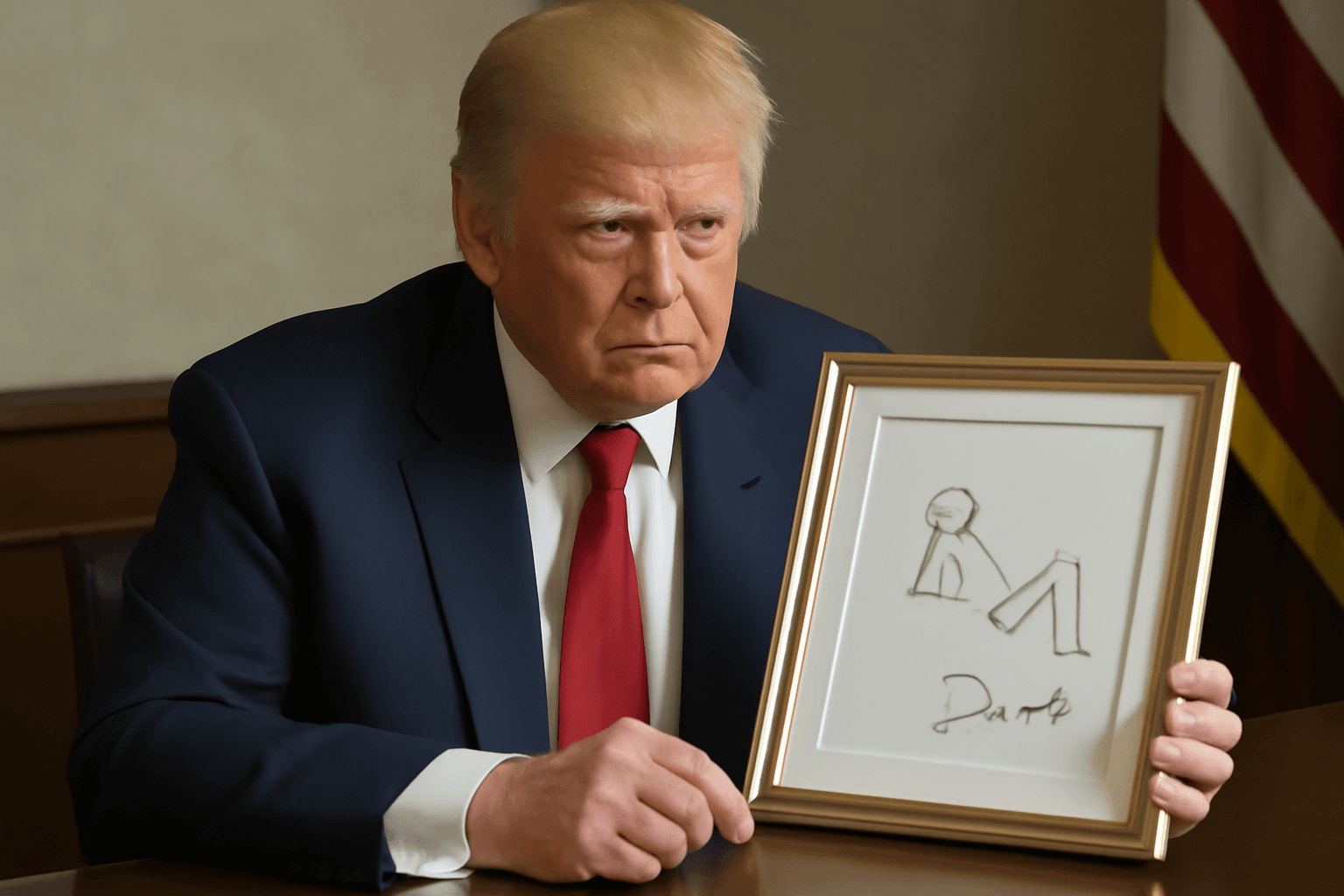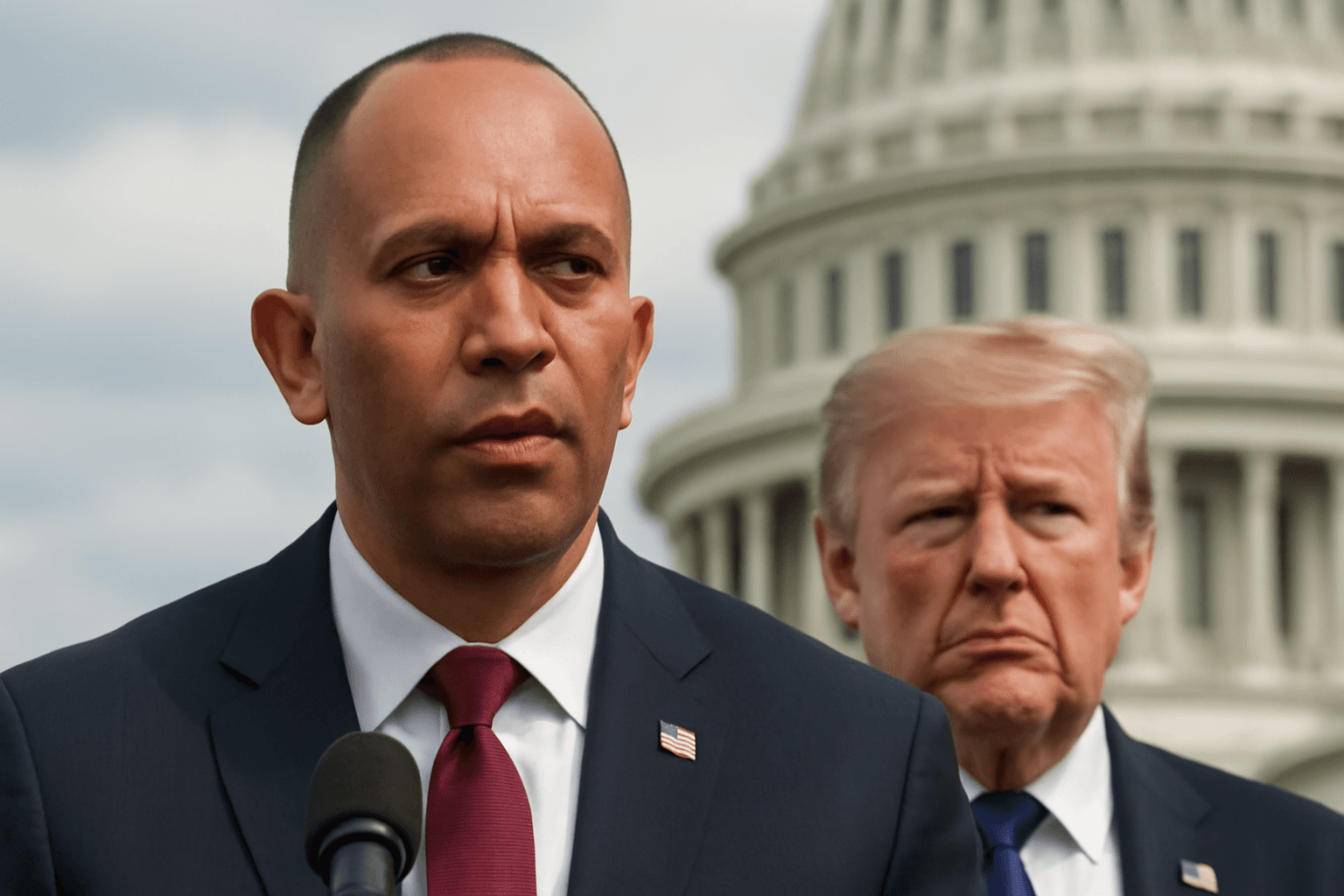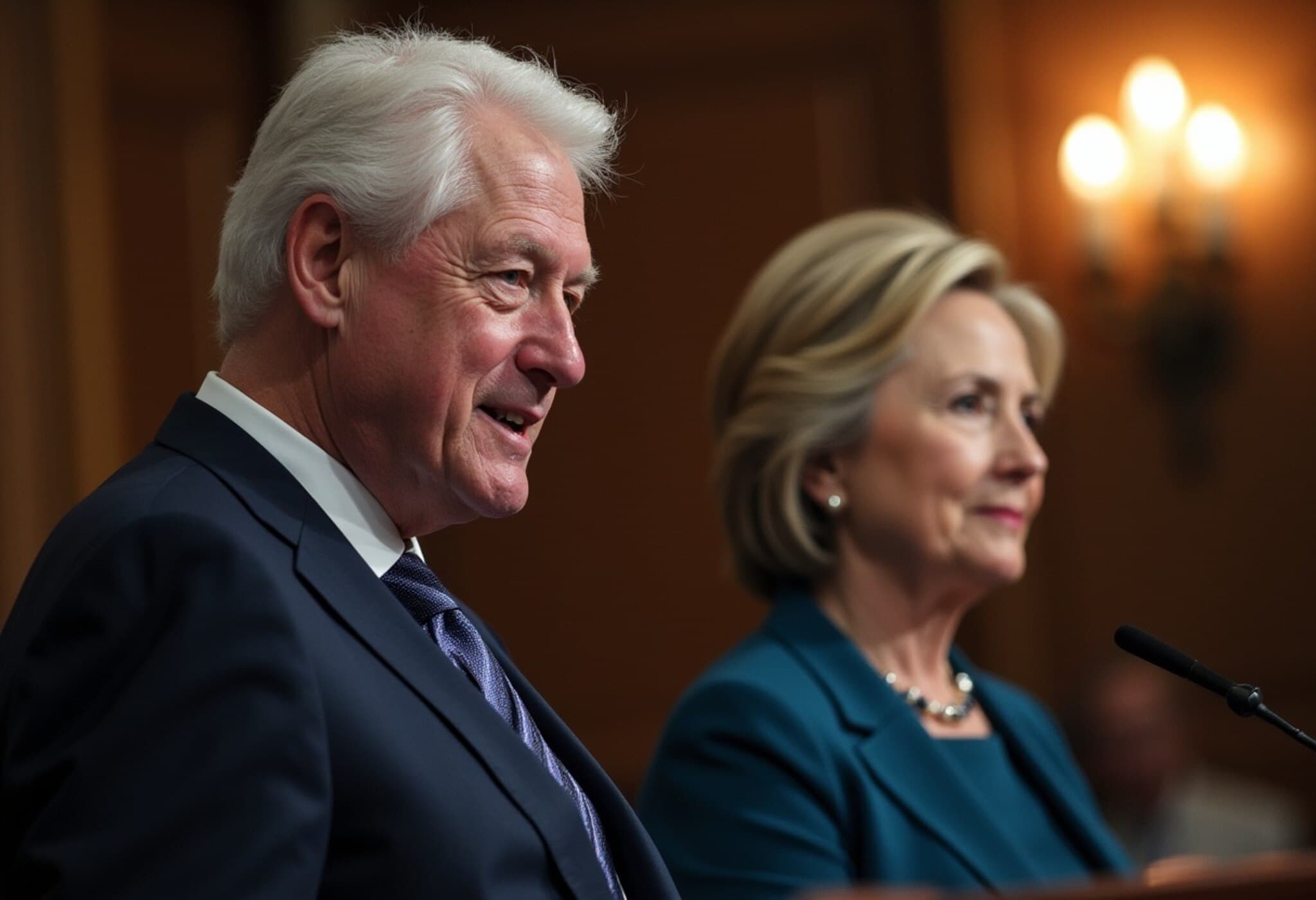House Speaker Mike Johnson Suspends Session Early Amid GOP Discord
In a surprising move on Tuesday, House Speaker Mike Johnson (R-La.) announced an early adjournment of the House session, sending lawmakers home for the traditional August recess. This decision comes amid growing pressure from within his own party demanding a decisive vote on disclosing more information related to the controversial Jeffrey Epstein case.
Johnson emphasized the need to provide the White House "space" to release the Epstein-related documents independently, signaling a reluctance to push the legislative agenda further on this sensitive topic. "There’s no purpose for Congress to push an administration to do something they’re already doing," Johnson remarked during his weekly press briefing.
The Internal GOP Tug-of-War: Transparency vs. Political Strategy
Despite Johnson’s stance, grassroots Republican members and conservative online commentators have intensified calls for Congress to intervene, fueled by unmet expectations around the public release of Epstein investigation files. Epstein, who died by apparent suicide in a New York jail in 2019 while awaiting trial on sex trafficking charges, remains a flashpoint for anger among constituents concerned about governmental transparency and justice.
Rep. Ralph Norman, a South Carolina Republican, voiced the frustration resonating across the GOP base: "The public’s not going to let this die, and rightfully so." This sentiment underscores a broader demand for accountability and the release of all credible documents.
Efforts to Subpoena Ghislaine Maxwell Preview Congressional Intent
Meanwhile, the House Oversight Committee, chaired by Rep. James Comer (R-Ky.), has advanced a resolution to subpoena Ghislaine Maxwell, Epstein's convicted associate. The committee aims to conduct a deposition with Maxwell, who is currently serving a significant prison sentence. Negotiations with Maxwell's legal counsel are underway to determine terms, potentially including an interview within the prison system. This move complements separate Justice Department efforts to seek Maxwell’s testimony.
However, skepticism remains about the reliability of Maxwell’s testimony. Rep. Robert Garcia (D-Calif.), the top Democrat on the Oversight Committee, cautioned reporters, "She obviously is a documented liar and someone that has caused enormous harm to young girls and women." This tension reveals the partisan complexities even within efforts to expose the truth.
Speaker Johnson’s Grip on House Agenda Weakens
Johnson’s authority is further challenged following Republicans' late-night recess of the House Rules Committee, which stalled legislative progress including bills on immigration penalties, water infrastructure permitting, and regulatory rollbacks. This deferral exacerbates dissatisfaction among GOP members eager to prioritize the Epstein revelations.
Last week’s tentative support for a vote on Epstein-related disclosures had been linked to advancing a $9 billion spending cut package, but internal divisions have stymied momentum. Johnson’s alternative—a resolution urging the Justice Department to release more materials—lacks legal force and is unlikely to satisfy his critics.
Echoing former President Trump’s nuanced position, Johnson asserted a moral balance: "We have a moral responsibility to expose the evil of Epstein and everybody who was involved — absolutely — but an equal moral responsibility to protect the innocent. It is a fine needle to thread." This line reflects an attempt to navigate political pressures while safeguarding potential victims and witnesses.
Wider Republican Implications and Democratic Responses
Despite the recess, pressure within the GOP is expected to persist. Rep. Thomas Massie, known for his contrarian tendencies, is rallying support for a legislative maneuver to force a vote on bipartisan Epstein disclosure legislation without leadership approval. "There are people who think vacation will dissipate the pressure. I don't think it will," Massie warned.
Democrats, seizing on GOP infighting, have called repeatedly for transparency as a measure of governmental trustworthiness. Rep. Ro Khanna (D-Calif.), who co-sponsored the Epstein disclosure bill, framed the debate starkly: "Are you on the side of the rich and powerful protecting men, or on the side of young girls and America’s children?"
Epstein’s exploitation involved hundreds of incidents spanning over a decade, predominantly targeting vulnerable teenage girls with the assistance of Maxwell, per court findings. The issue holds potential political reverberations. Massie underscored this, stating, "This will follow Republicans through the 2026 midterms and primaries. It is a watershed moment for the speaker and the president."
Expert Insight: The Political and Legal Crossroads
The Epstein revelations stand at the intersection of law enforcement transparency, victim advocacy, and political calculus. House Speaker Johnson’s cautious approach reflects the complexities inherent in balancing public accountability with safeguarding sensitive information often protected by grand jury secrecy rules.
From a legal policy perspective, the question of releasing grand jury materials—long shielded to protect due process and witness privacy—poses challenges that call for nuanced legislative frameworks. The bipartisan divide and intra-party conflict illustrate the enduring tension between demands for openness and concerns over propriety and innocence protection.
Moreover, this episode signals broader implications for American politics: politicians’ responses to high-profile scandals not only affect public trust in governance but also shape their electoral fortunes. As the 2026 midterms approach, how candidates handle these issues may serve as critical litmus tests for voter confidence.
Editor’s Note
The ongoing debate over Jeffrey Epstein’s files is more than a partisan battle; it’s a reflection of the American struggle with transparency, justice, and political will. Speaker Johnson’s decision to adjourn early underscores the fragility of congressional leadership in the face of ethical demands and political pressures. Readers should watch closely how this issue unfolds, as its legal, moral, and electoral consequences will likely resonate far beyond Capitol Hill.

